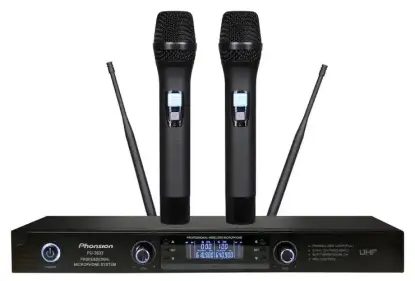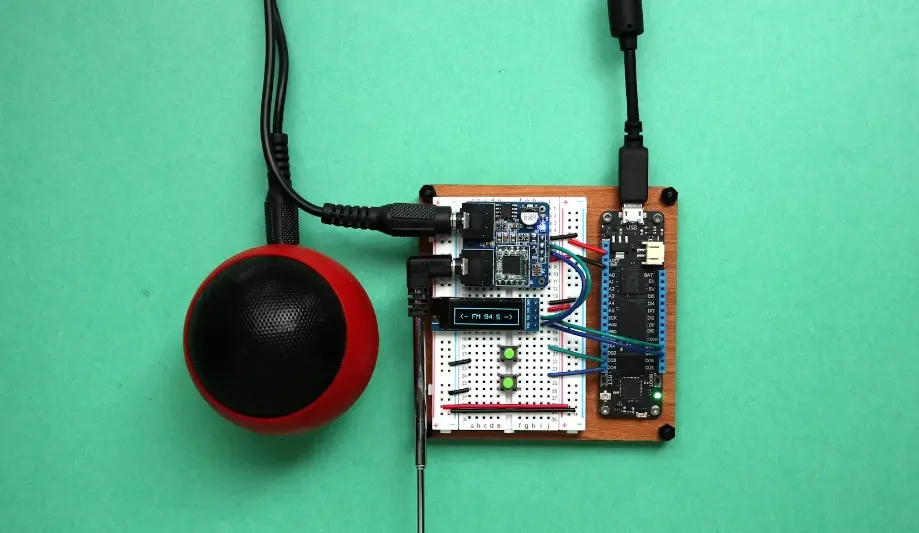
What is EPA Certification?
EPA stands for the United States Environmental Protection Agency (EPA). EPA certification mainly monitors the emission performance of products to protect health and the natural environment. The EPA, in conjunction with state and local governments, issues a series of commercial and industrial permits. EPA certification is mandatory, requiring relevant products entering the market to first obtain EPA certification.
EPA-Certified Product Categories:
- Agricultural and industrial power equipment such as gasoline and diesel engines, including harvesters and excavators
- Lifts and generator sets
- Aviation, maritime, and military equipment
- Road vehicles such as cars and motorcycles
- Gas and water treatment equipment
- Control of drinking water and pesticides
- Electronic equipment
EPA Registration Details for Different Products:
- Simple Products: Products that do not utilize chemicals and do not require testing need to register factory information, company information, and basic product information, with an annual production report submission required.
- General Industrial Chemicals: Regulated under the Toxic Substances Control Act (TSCA). Depending on the regulation status, companies must submit a Pre-Manufacture Notice (PMN), a Significant New Use Notice (SNUN), or provide a TSCA compliance or exemption statement to enter the U.S. market.
- Pesticides, Antimicrobials, and Disinfectants: Regulated under the Federal Insecticide, Fungicide, and Rodenticide Act (FIFRA). Companies and factories must register with the EPA, declaring that the product generally will not cause unreasonable adverse effects on the environment.
- Pesticide Additives: Additives used in pesticide formulations must be EPA-approved. Approved additives are listed in the approved additives list, and companies can apply to include the trade name in the EPA’s additives database.
- Pesticide Devices: Devices using physical methods (e.g., UV, ozone, or electromagnetic radiation) for disinfection, sterilization, or pest control must register with the EPA, ensuring product labels and packaging comply with relevant regulations.
- Engines: These products require emission testing by an EPA-recognized GLP-compliant laboratory. After passing the test, the test report and application materials must be submitted to the EPA for registration.
EPA DfE Certification:
Last year, the EPA introduced a new modernized Design for the Environment (DfE) label. Products with the DfE label meet both FIFRA registration and DfE certification requirements. The DfE logo on a product label indicates that all chemical ingredients comply with EPA standards. Acceptable active ingredients include citric acid, lactic acid, peracetic acid, ethanol, isopropanol, sodium hydrogen sulfide, hydrogen peroxide, and chitosan. Companies can apply for the DfE logo when registering new products.
Amazon has agreed to include EPA DfE-certified antimicrobial products in its Climate Pledge Friendly program to help consumers find more sustainable products on its platform. These products will be distinguished in search results and displayed in a separate shopping area with detailed product descriptions explaining their sustainability credentials.
EPA Registration Requirements and Validity:
- U.S. Agent Requirement: Registration must be done by a U.S. resident or company.
- Annual Reporting: After successful registration, an annual production report must be submitted to maintain validity.
- Multiple Factories and Products: A company can register multiple factories and products simultaneously.
- Labeling: Product labels must include the EPA factory number.
- Application Timeline: The process typically takes about 30 days. The EPA reviews the materials to ensure compliance, possibly requesting additional information or testing, which may extend the review period.
Certificates:
- Simple Products: No certificate is issued, but the company and factory information is registered, and an EPA notification letter is issued.
- Chemical and Engine Products: A certificate is issued upon successful registration.
Products without an EPA registration number cannot be listed on Amazon U.S. Therefore, customers should register in advance to ensure their products can be sold normally.
Email:hello@jjrlab.com
Write your message here and send it to us
 Wireless Microphone Export Certification
Wireless Microphone Export Certification
 Audio-Visual Products SNI Certification in Indones
Audio-Visual Products SNI Certification in Indones
 FCC-ID: Still Needed if Module is Certified?
FCC-ID: Still Needed if Module is Certified?
 FCC Certification Fees for Handheld Fans
FCC Certification Fees for Handheld Fans
 FCC Certification Testing for Smart Lighting Produ
FCC Certification Testing for Smart Lighting Produ
 What is the ETSI EN 303 645 Testing Standard?
What is the ETSI EN 303 645 Testing Standard?
 UL Compliance and ETL Certification for LED Lighti
UL Compliance and ETL Certification for LED Lighti
 What is the IEC 60598 Standard?
What is the IEC 60598 Standard?
Leave us a message
24-hour online customer service at any time to respond, so that you worry!




